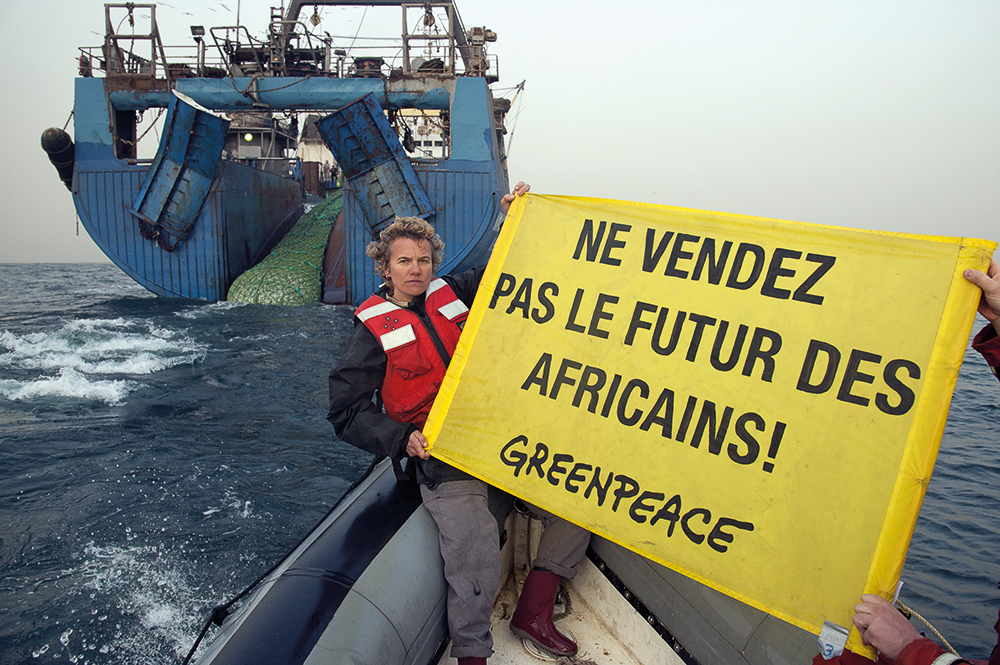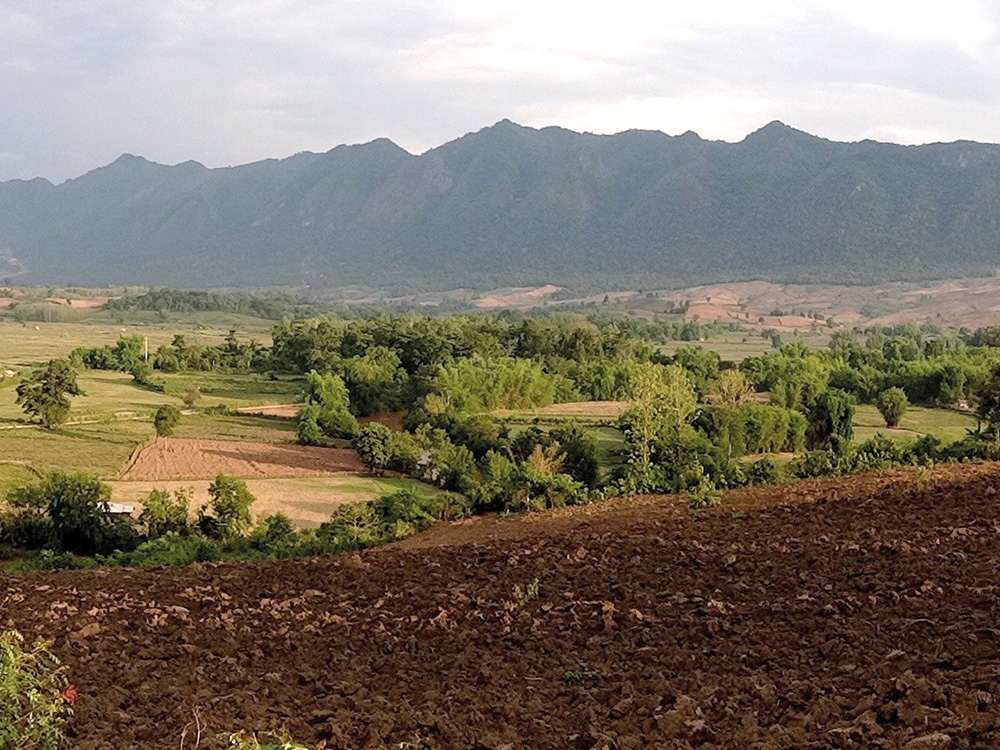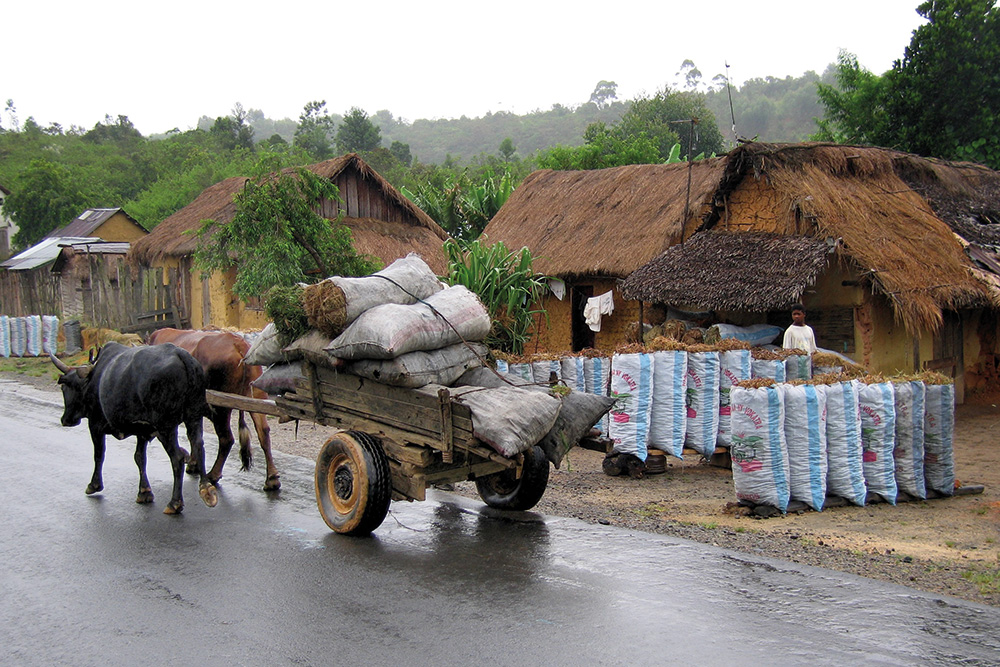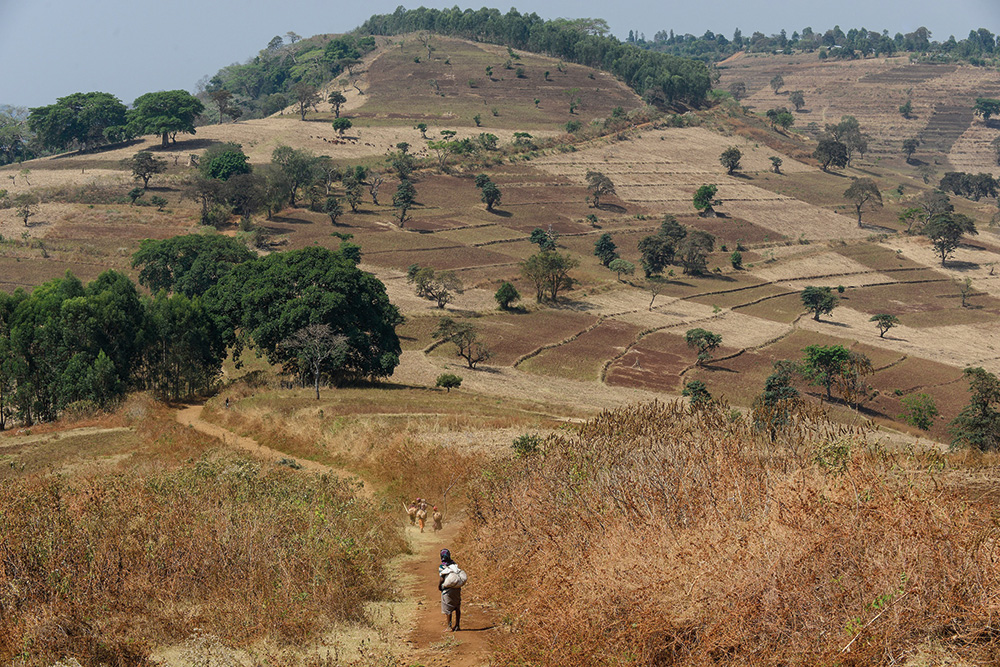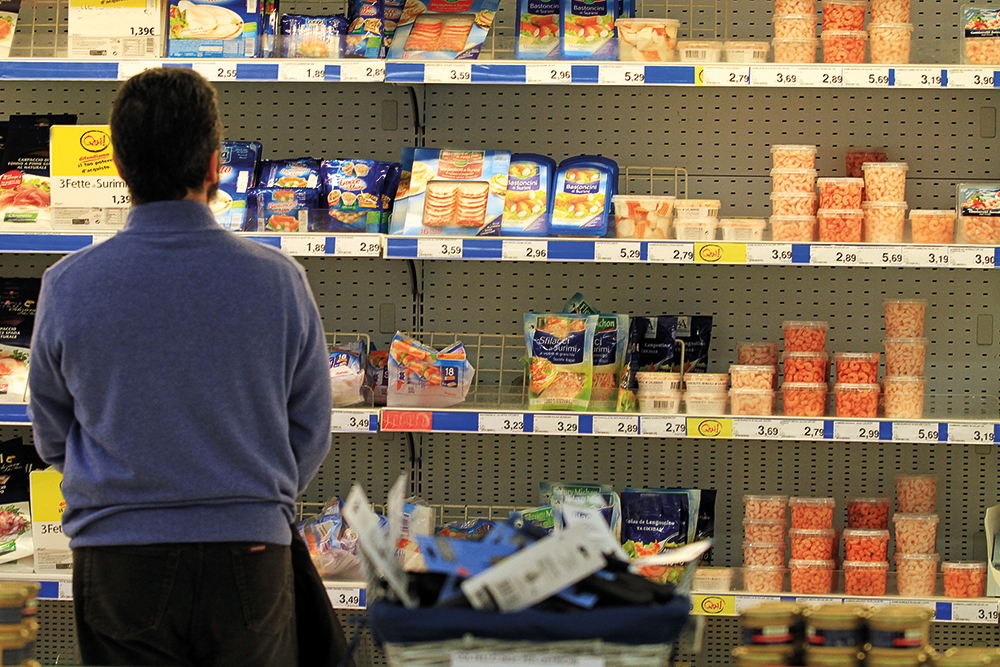DLG-Verlag was founded in 1952 as a subsidiary of DLG e.V. (Deutsche Landwirtschafts-Gesellschaft - German Agricultural Society) with its headquarter in Frankfurt/ Germany. The publishing company provides expertise for the agricultural and food sector.
With its subsidiaries Max-Eyth-Verlag and DLG-Agrofood Medien GmbH the DLG-Verlag offers books and magazines, as well as catalogs of the DLG's international DLG exhibitions.
Members:
Resources
Displaying 66 - 70 of 316More than just a business
Family farming has many different meanings to many different people. While such farms come in all shape and sizes, one thing all practitioners agree on is that family farming is more than a business – it’s a way of life. The following article shows what constitutes this way of life, the challenges that family farms in Europe and throughout the world face and why and how the European Union supports this type of enterprise.
Machinery rings – a mechanisation concept for African farmers?
One of the basic conditions of empowering farmers is to get them organised. Machinery rings are a promising organisational concept to link up the farms and raise their profitability and power by promoting mechanisation in rural areas.
FlexiBiogas – a climate change adaptation and mitigation technology
Access to modern renewable energy services are a key input to poverty eradication and in ensuring food security. Biogas is a renewable energy option suited to provide clean, modern and decentralised sources of energy. Portable systems, such as FlexiBiogas, offer a lot of advantages over traditional fixed dome systems.
“Family farms are key to feeding the world”
José Graziano da Silva, Director-General of the United Nations Food and Agriculture Organization (FAO), on the role of family farms for global food security, the need for sound rural development stategies and the responsibility of governments, the private sector and civil society.
Women – the untapped potential for food security
Despite the crucial role of women in family farms and small-scale agriculture, gender inequality is still present in many ways – jeopardising the food and nutrition security of millions of people.


